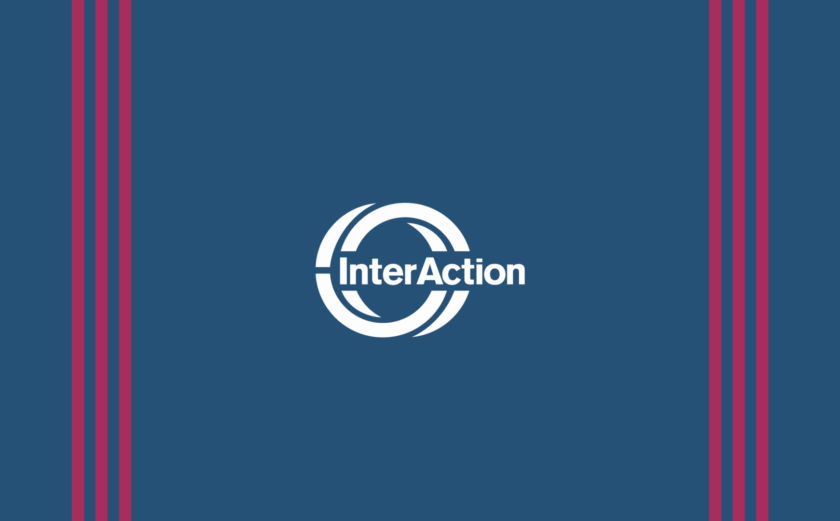
InterAction’s Statement on Section 889
InterAction released the following statement on the current interpretation of Section 889.
The current interpretation of Section 889 prevents the purchase or use of products or services incorporating certain Chinese telecommunication technology—including in overseas humanitarian and development programming—even where there are no alternatives.
Though we agree with the intent of the rule and share U.S. policymakers’ national and economic security goals in Section 889, without a system of regular and predictable waivers, the current interpretation of the Section could halt new humanitarian and development programming and cripple NGOs’ ability to work overseas.
“There are still many countries where no alternatives to Chinese telecommunication technology are available,” said Lisa Peña, InterAction’s Director of Policy, Budget, and Appropriations. “For example, USAID estimates that nearly 70% of its missions currently rely on communication service providers with prohibited technology, including Egypt, Indonesia, and Uganda. It’s no different for NGOs.”
Thus, InterAction urges the administration and Congress to find a fix that protects national security while allowing important humanitarian and development work to continue.
“Waivers allow for temporary relief,” stated Peña. “But, a long-term solution is needed to continue U.S. foreign assistance. When the U.S steps back, power vacuums are created, and our adversaries—including China—will fill the void.”



